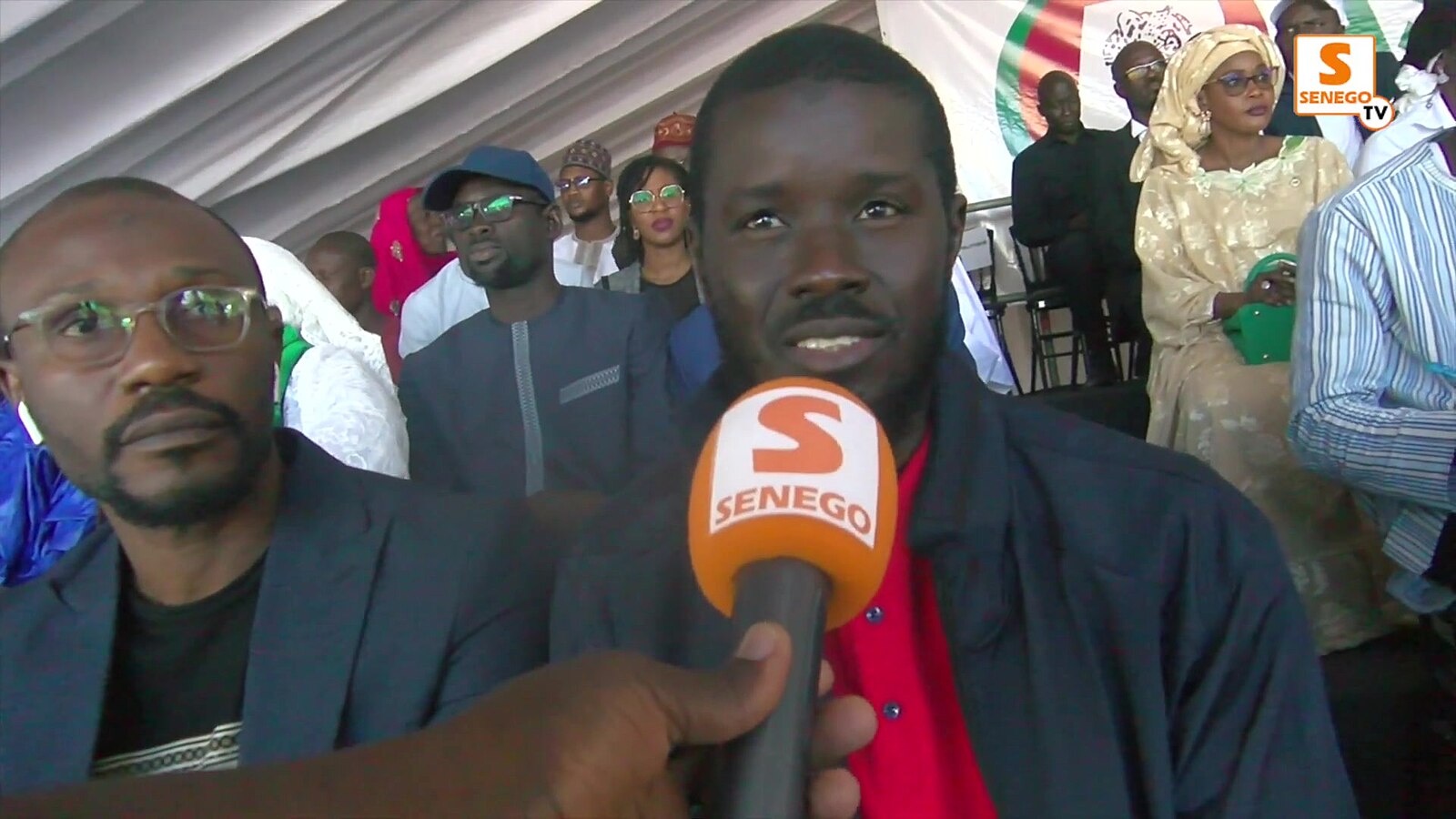Democracy’s doddery perception throughout the Sahel

Senegalese President Bassirou Diomaye Faye talking Senego TV in 2023
Jacob Sagers – Senegal’s election season has been remarkably abnormal. Incumbent President Macky Sall originally attempted to cancel the election. The country’s top courts then blocked the move and forced the release of political opponents. The subsequent elections elected Bassirou Diomaye Faye, Senegal’s youngest President at age forty to power. The transition of power has proceeded calmly thus far; Senegal’s story stands as a beacon of hope amid the broader Sahel region’s recent uncertainty. Coups d’états in Mali, Burkina Faso, and Niger over the past few years have eroded democratic governments and restructured the region’s geopolitics. Democratic governments used to abound in the region, but the Sahel is changing. Colonial legacies, Russia, democracy, and perceptions are reshaping the African region’s identity.
National identity, or the way people view their attachment to a country or state, is fueled by people’s perceptions and beliefs. France’s polemic history and influence in the Sahel actively alter perception which construct beliefs and actions. Largely negative attitudes towards France have spread to other French associated, Western ideas and constructs. Democracy’s association with the Sahel’s former colonial power has been sharply rebuked with declining support for democratic governance and increasing pro-authoritarian sentiment. Afrobarometer reports that: “Part of this disillusionment with democracy is the extent to which people think that the democratic governments are serving the interests of France more than their own.” These ideas have spread as France has withdrawn military forces and democratic governments are left vulnerable. Meanwhile, people’s association with the state is weakened, as they view themselves as distant and unsupportive of the ruling government. Elections, transitions of power, and democratic values are no longer the norm in Mali, Niger, and Burkina Faso. Rather, these perceptions and beliefs have driven discontent and are shaping political change.
Capitalizing on discontent is currently allowing new opposition groups to use ideological power to topple existing democratic governments with widespread support. Ideological power, or the ability to get others to do what you want without force, has enabled militaries and opposition groups to seize power based on promises of change that fulfill these beliefs. Anti-French sentiment, pro-authoritarian support, and desired maneuvering towards Russia and China have led to regime change throughout Mali to Gabon. The spread of anti-democratic governments has been stalled by Senegal’s elections and institutions; however, it will not completely stall the process. Without change, democratic governments in the region will continue to crumble due to these beliefs as they are ultimately perceived as not being for its citizens, but puppets for France and the West.
Picture Credit: Photo distributed under Creative Commons Attribution 3.0 Unported license. Source.

